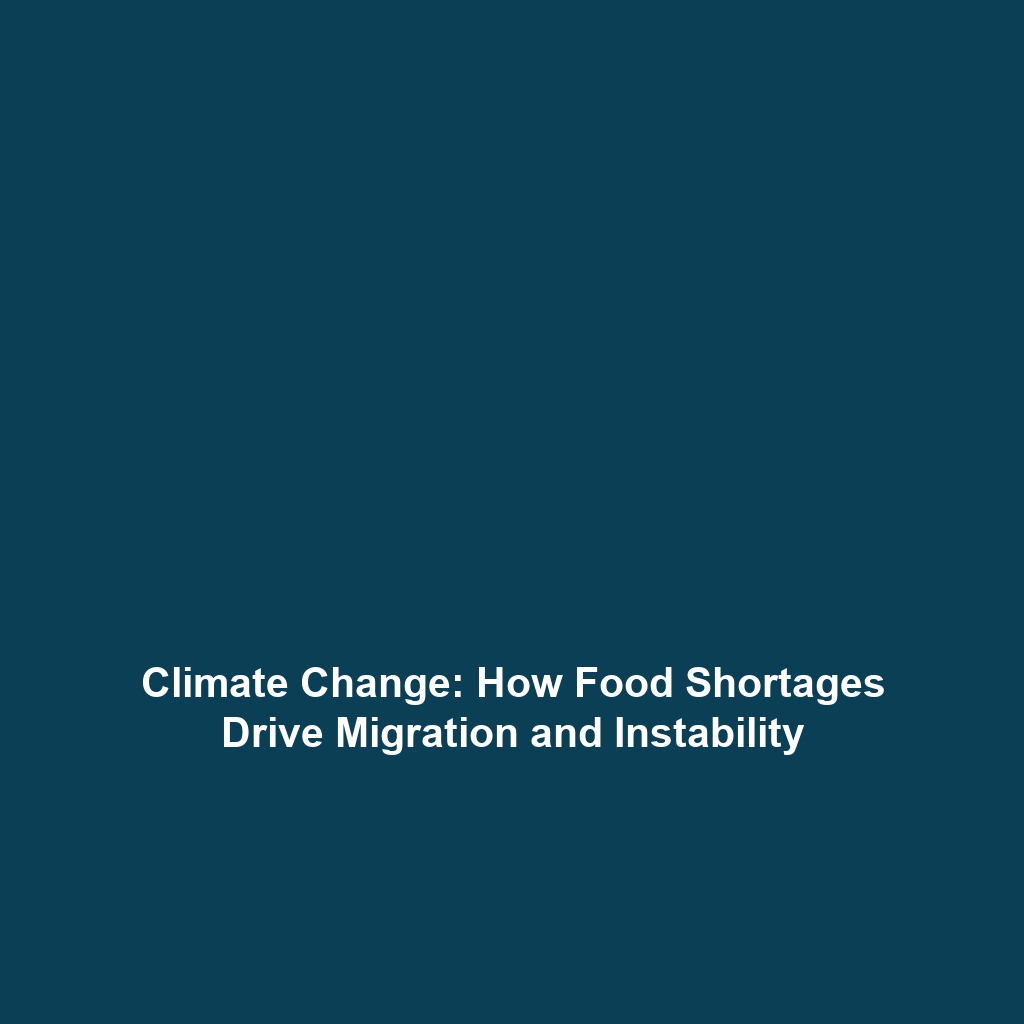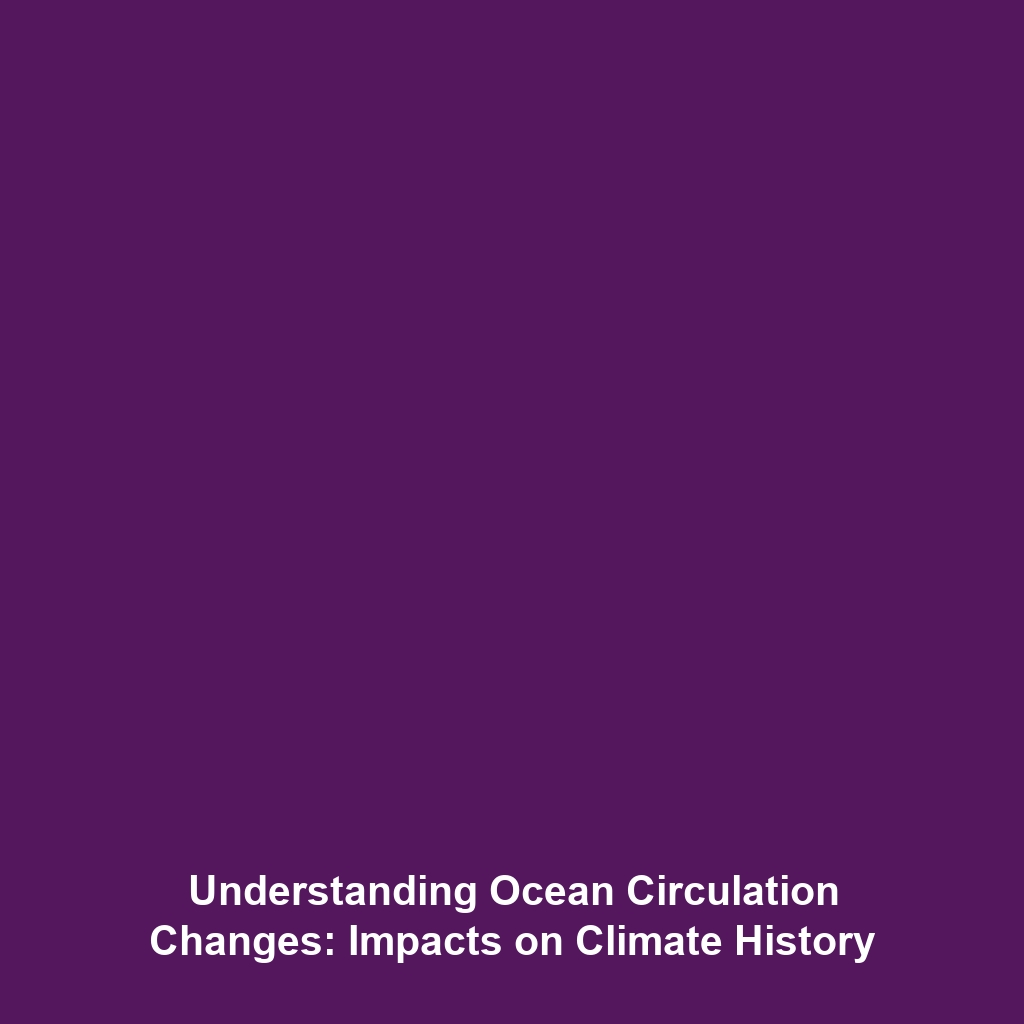The Role of Feedback Mechanisms in Accelerating Modern Climate Change
Introduction
The role of feedback mechanisms, such as the albedo effect and methane release from permafrost, is a pivotal aspect of understanding modern climate change. These processes amplify the warming effects of climate change, leading to more severe and rapid alterations in Earth’s climate systems. Understanding these feedback mechanisms not only provides insight into current climate dynamics but also emphasizes their significance within the broader context of Climate History. By grasping how these self-reinforcing cycles operate, we can better address the implications for future climate scenarios.
Key Concepts
Albedo Effect
The albedo effect refers to the reflectivity of the Earth’s surface. Ice and snow have a high albedo, reflecting solar radiation back into space. However, as global temperatures rise, ice melts, reducing the surface’s albedo and causing increased absorption of heat, further intensifying warming.
Methane Release from Permafrost
Methane is a potent greenhouse gas that is increasingly being released due to melting permafrost. As the Arctic warms, frozen organic material decomposes, releasing stored methane into the atmosphere, which contributes to accelerated climate change.
Interactions Between Feedback Mechanisms
The interplay between various feedback mechanisms, such as the albedo effect and methane release, creates a complex web of interactions that can lead to non-linear climatic shifts. This interconnectedness highlights the importance of studying feedback mechanisms in the context of Climate History.
Applications and Real-World Uses
Understanding the role of feedback mechanisms has significant real-world applications:
- Climate Modeling: Improved predictive models for climate change scenarios rely on accurate representations of feedback mechanisms.
- Policy Development: Environmental policies can be informed by knowledge of how feedback loops accelerate warming, guiding regulatory frameworks and climate action plans.
- Natural Resource Management: Strategies to manage fisheries and agriculture can benefit from insights into how changing climates affect ecosystem dynamics and resource availability.
Current Challenges
There are several challenges and limitations in studying the role of feedback mechanisms:
- Complexity of Interactions: The interactions between different feedback processes are not fully understood, complicating predictive modeling.
- Data Limitations: Long-term data collection poses significant challenges, particularly in remote and harsh environments like the Arctic.
- Uncertainties in Climate Models: Variability in climate models can lead to differing predictions on the impact of feedback mechanisms.
Future Research and Innovations
Future research is crucial for deepening our understanding of feedback mechanisms in climate change:
- Advanced Climate Models: Innovations in AI and machine learning may enhance the accuracy of climate predictions, taking feedback mechanisms into account.
- Remote Sensing Technologies: New satellite technologies could provide more precise data on ice melt and methane emissions.
- Mitigation Strategies: Research into geoengineering and other mitigation strategies may emerge as potential solutions to combat feedback-driven climate change.
Conclusion
In summary, feedback mechanisms such as the albedo effect and methane release from permafrost play critical roles in accelerating modern climate change. Their exploration is essential for understanding the future trajectory of Earth’s climate and addressing urgent environmental challenges. As we continue to study these dynamics, it is vital for policymakers, researchers, and the public to engage with this knowledge to foster effective climate resilience strategies. For further reading, check out our articles on climate modeling and environmental policy development.

